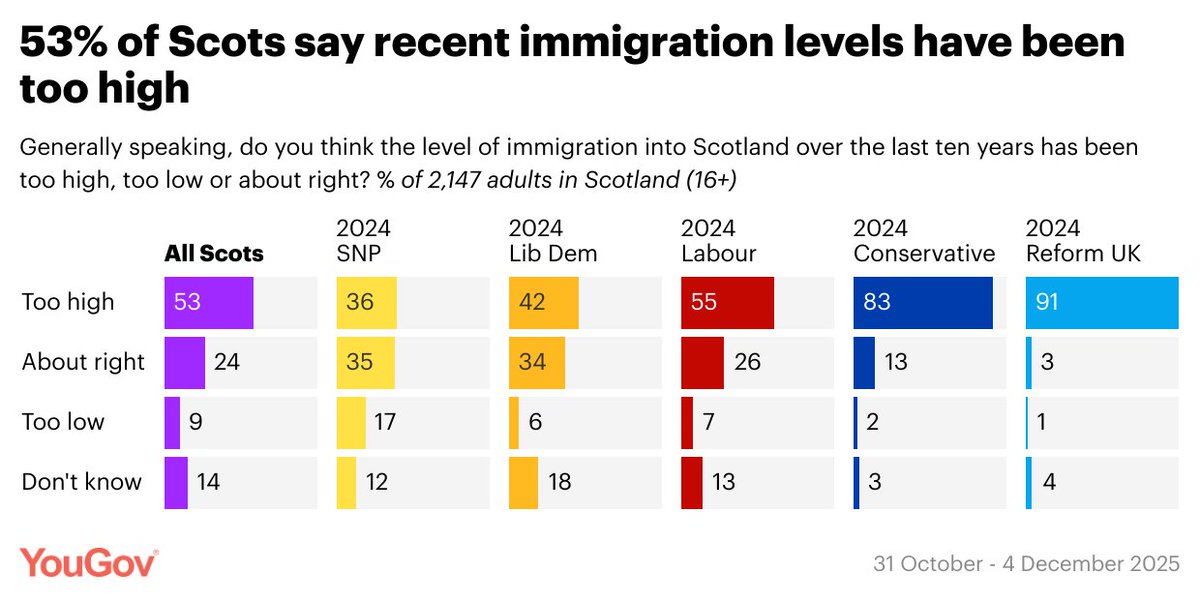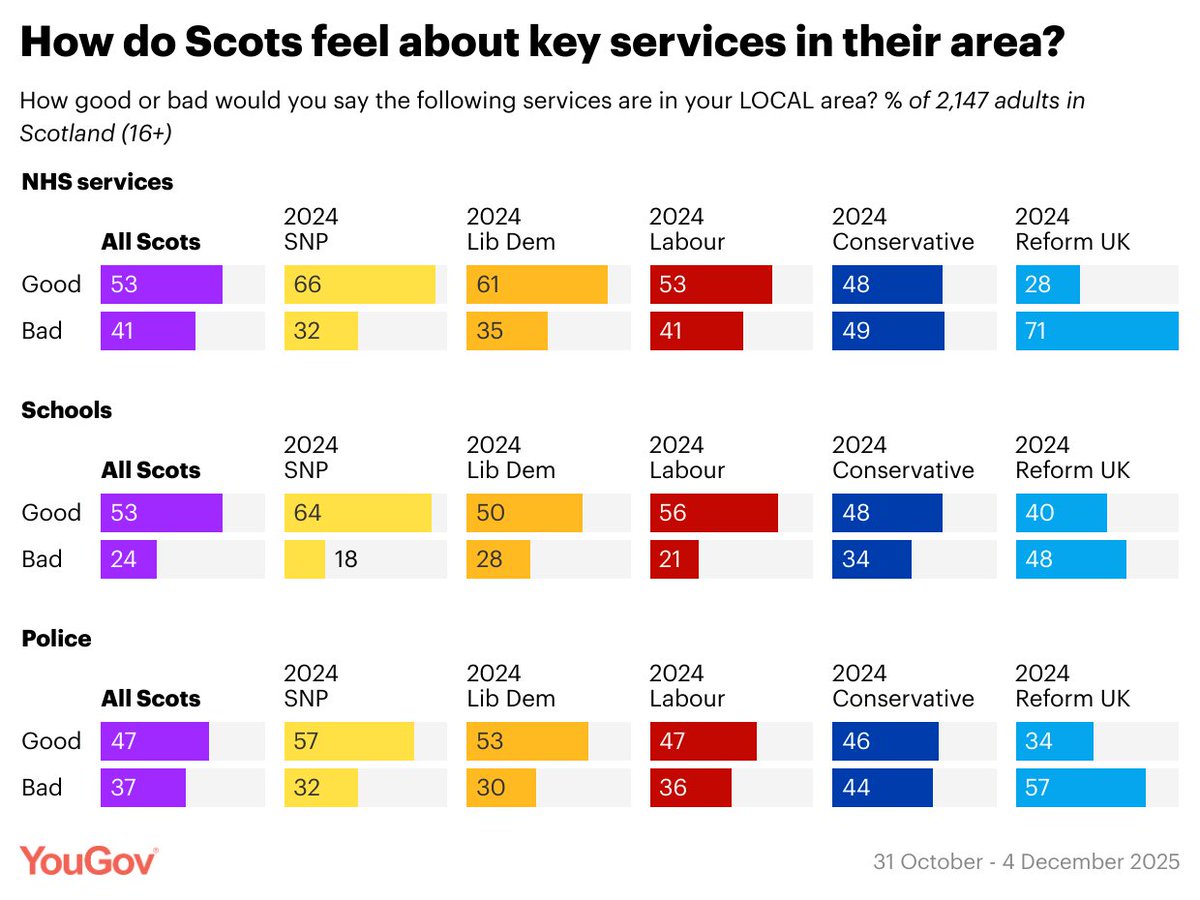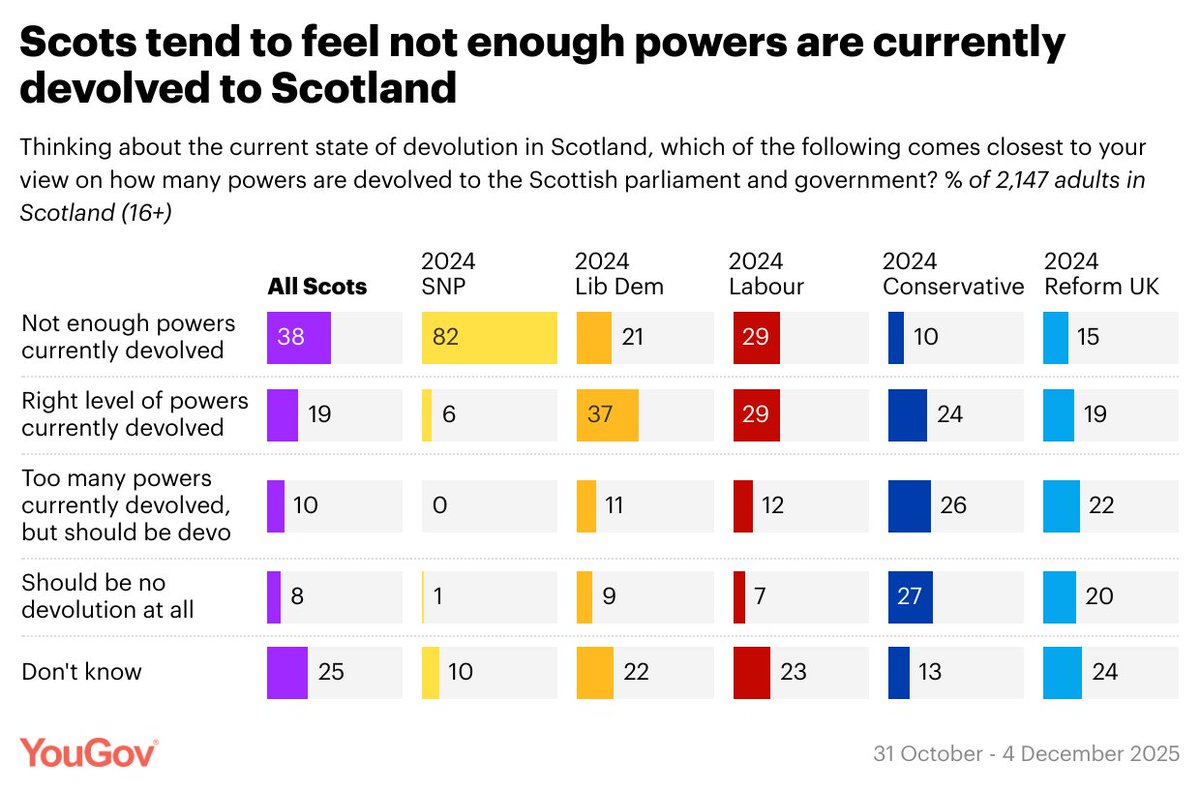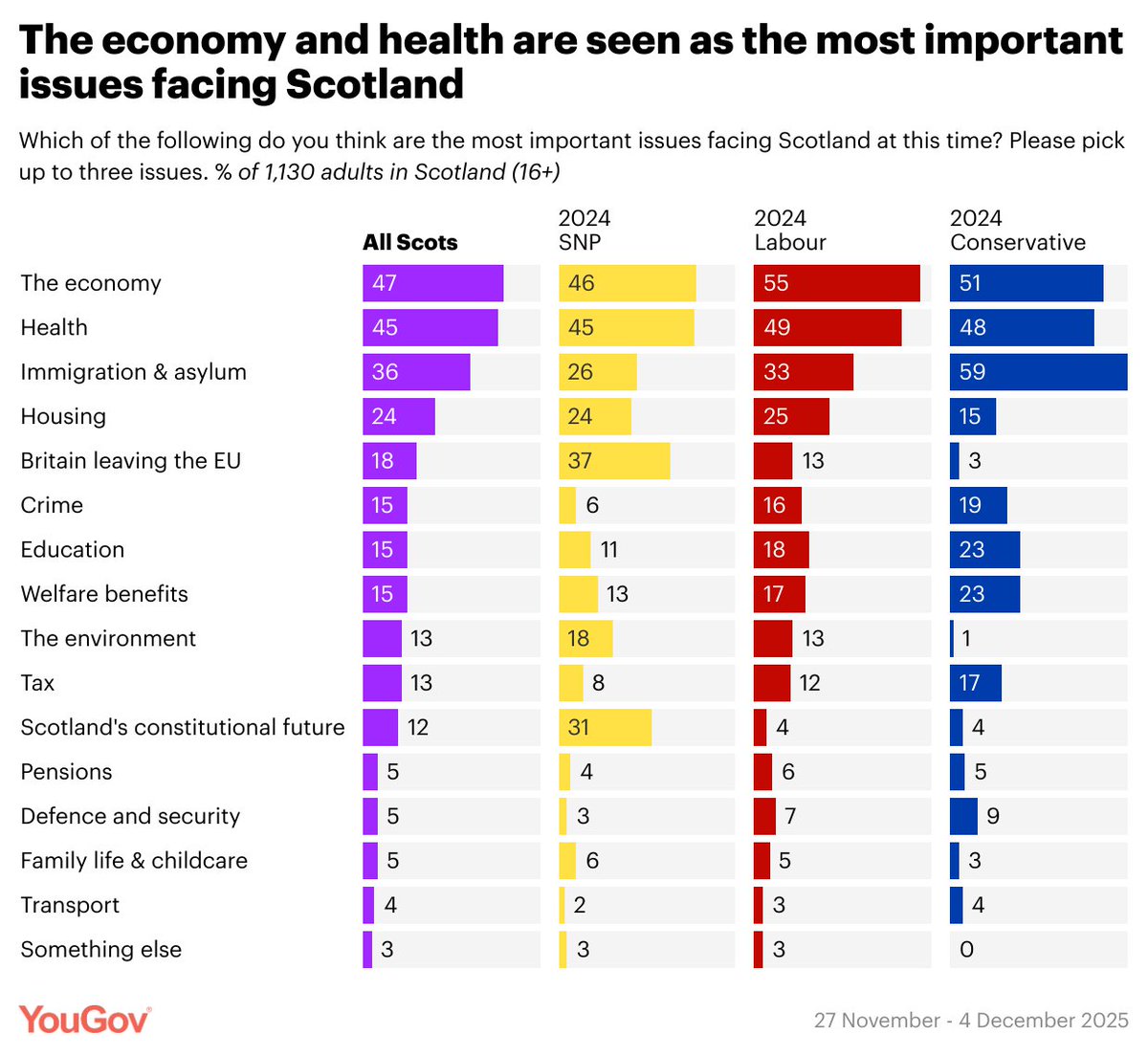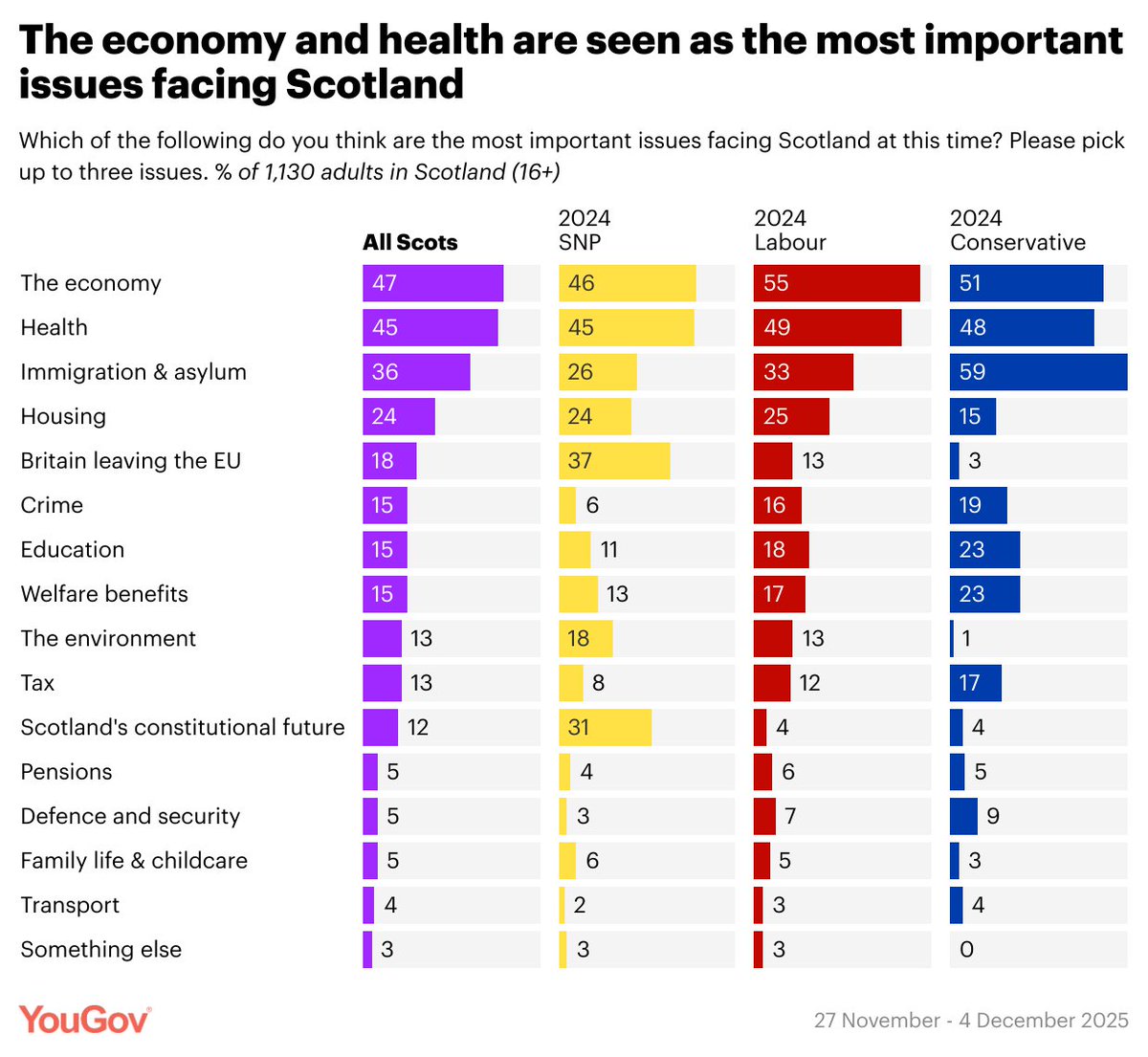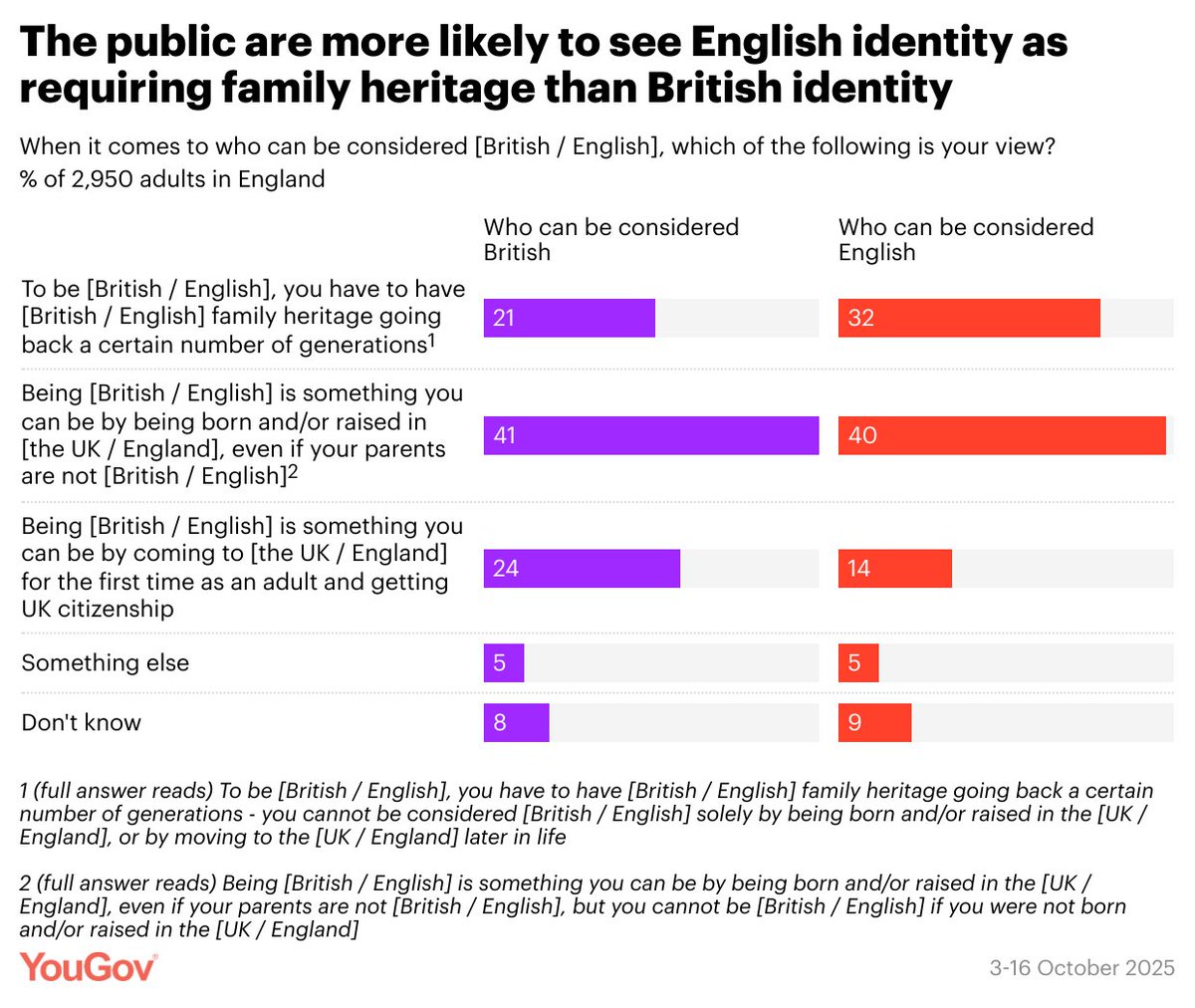Both UK businesses (79%) and the wider public (70%) think people will likely never return to offices at the same rate as before the pandemic - but what do they think this means for the workforce? 🧵
yougov.co.uk/topics/economy…
yougov.co.uk/topics/economy…

Rishi Sunak isn't alone in believing young people may struggle to progress their career if working from home. This is also the view among...
- 69% of business leaders
- 62% of the general public
- 61% of 18-24 year olds
yougov.co.uk/topics/economy…
- 69% of business leaders
- 62% of the general public
- 61% of 18-24 year olds
yougov.co.uk/topics/economy…

Whilst they expect young people’s careers may suffer for working from home, the majority of both UK businesses (65%) and the wider public (56%) think it will help advance women’s careers, as childcare and caring duties become less of a hindrance
yougov.co.uk/topics/economy…
yougov.co.uk/topics/economy…

The majority of both businesses (64%) and the wider pubic (56%) also think that home working will level the playing field between workers, by being more accommodating to people with mental health issues or disabilities
yougov.co.uk/topics/economy…
yougov.co.uk/topics/economy…

It is a minority opinion that people working from home are being lazy.
59% of business leaders think it’s unlikely those working from home will be less productive than people going into work. And by 50% to 35% this is also the view of the wider public
yougov.co.uk/topics/economy…
59% of business leaders think it’s unlikely those working from home will be less productive than people going into work. And by 50% to 35% this is also the view of the wider public
yougov.co.uk/topics/economy…

• • •
Missing some Tweet in this thread? You can try to
force a refresh





